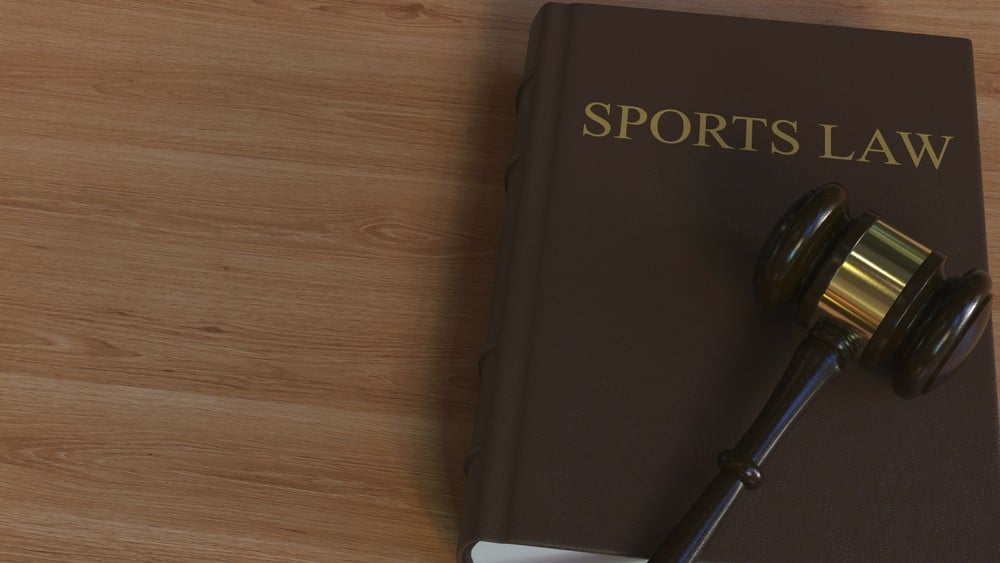Negotiating Sports Contracts: A Guide for Athletes and Agents
Whether you are a professional athlete or a sports agent, negotiating contracts can be a complex and challenging process. With millions of dollars on the line, it is essential to have a strong understanding of the legal and business aspects of sports contracts. In this article, we will provide a guide for athletes and agents on how to navigate the negotiation process and ensure the best possible outcome.
- Understand the Basics
Before entering into negotiations, it is important to have a clear understanding of the key terms and conditions of the contract. This includes the length of the contract, the compensation package, bonuses, incentives, and any other relevant details. You should also be aware of the legal and regulatory framework that governs sports contracts, including collective bargaining agreements, league rules, and anti-discrimination laws.
- Prepare Your Position
Once you have a clear understanding of the contract terms, you can begin to prepare your negotiating position. This involves identifying your priorities and goals, as well as assessing the other party’s likely position. You should also be aware of any external factors that may impact the negotiation, such as market trends, team performance, or player injuries.
- Develop a Strategy
Based on your position and priorities, you should develop a negotiation strategy that takes into account the other party’s likely position and potential objections. This may involve setting ambitious goals, building rapport with the other party, and being willing to make concessions in exchange for key priorities.
- Communicate Effectively
Communication is key in any negotiation, and this is particularly true for sports contracts. You should be clear and concise in your communication, and ensure that you are conveying your priorities and goals effectively. You should also be prepared to listen actively to the other party’s concerns and objections, and respond thoughtfully and respectfully.
- Document the Agreement
Once you have reached an agreement, it is essential to document the terms and conditions in a written contract. This contract should be reviewed by a qualified sports attorney to ensure that it is legally sound and complies with all relevant regulations and laws.
Negotiating sports contracts can be complicated by a range of legal issues, including:
- Collective Bargaining Agreements: Many professional sports leagues have collective bargaining agreements that govern player contracts. These agreements may include restrictions on the length and structure of contracts, as well as provisions for salary caps, revenue sharing, and other key issues.
- Anti-Discrimination Laws: Sports contracts must comply with federal and state anti-discrimination laws, including Title VII of the Civil Rights Act and the Americans with Disabilities Act. This means that contracts cannot discriminate based on factors such as race, gender, or disability.
- Arbitration and Dispute Resolution: Sports contracts often include provisions for arbitration and other forms of dispute resolution. These provisions can be complex and require careful negotiation to ensure that the athlete’s interests are protected.
- Non-Compete Clauses: Some sports contracts include non-compete clauses that restrict an athlete’s ability to play for other teams or engage in certain activities outside of the sport. These clauses can be controversial and require careful negotiation to ensure that they are fair and reasonable.
Negotiating sports contracts is a complex process that requires a strong understanding of legal and business issues. By following these guidelines and working with a qualified sports attorney, athletes and agents can ensure the best possible outcome for their contracts.
ChaseLawyers, Your Trusted Advisors in an Evolving Legal Marketplace
ChaseLawyers has deep industry knowledge and experience with providing legal guidance on all matters concerning sports law. We provide quality representation to international companies, as well as individual athletes, promoters, managers and agents, nationally and abroad.
Whether you need us to help you enforce your rights or you need legal counsel on state or federal or international compliance, ChaseLawyers can help you navigate the ever-evolving regulatory environment with minimum effort.
Want to know how we can help you? Get in touch with us now!
- 21 SE First Avenue Suite 700 Miami, FL 33131
- 305-373-7665
- 305-373-7668
- info@chaselawyers.com
- 1345 Avenue of the Americas, 2nd floor, NY, NY 10105
- 212-601-2762
- info@chaselawyers.com
Get a response within 24 hours. We’ll clearly explain how we can support and protect your brand while staying within your budget.



